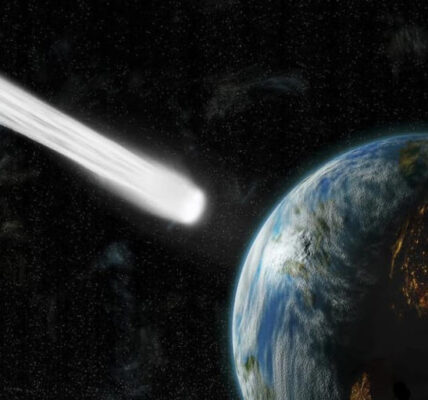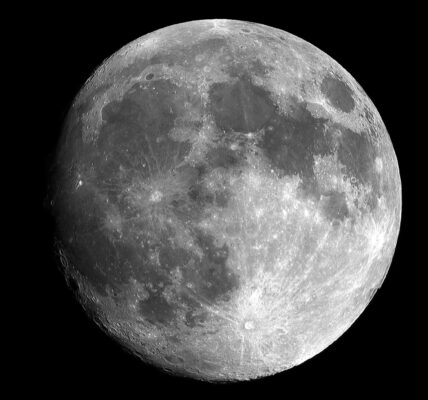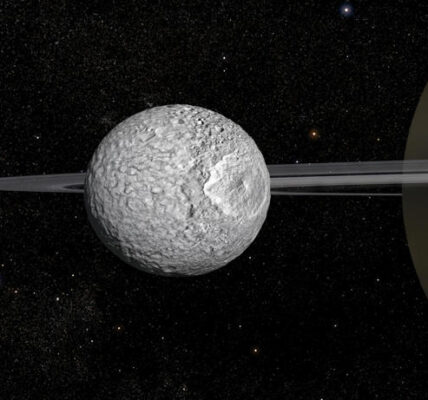Why We Haven’t Found Aliens
The question of why we haven’t found aliens yet, despite the vastness of the universe, is something that has puzzled scientists and enthusiasts alike for years. With an estimated 200 billion galaxies in the universe, each containing around 100 billion stars, even a conservative guess would suggest there are countless planets out there that could potentially host life. Yet, the silence is deafening. Here are seven key reasons why we haven’t found aliens yet.
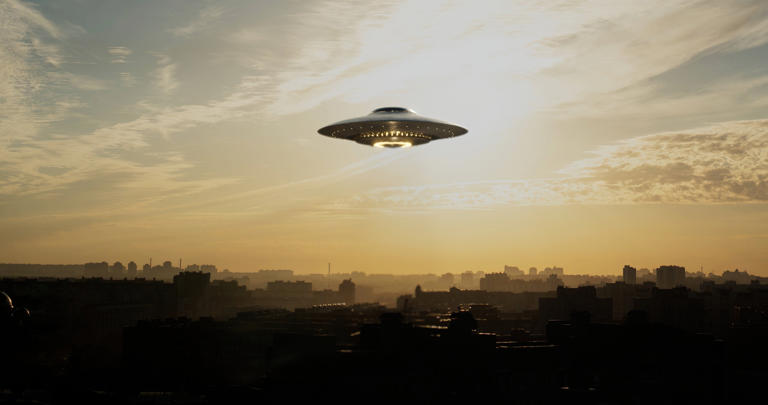
The Great Filter Theory
One explanation for why we haven’t found aliens is the Great Filter theory. This theory suggests that there are many difficult stages or hurdles in the evolution of life. For simple single-celled organisms to evolve into intelligent beings capable of communication requires overcoming numerous obstacles. Many potential civilizations might not make it past these hurdles. For example, life on Earth started in the ocean, moved onto land, faced multiple mass extinctions, and evolved over billions of years. The process was incredibly complex and filled with challenges. It’s possible that many planets with life never get past the early stages of evolution, hence why we haven’t found aliens.
The Gaian Bottleneck Hypothesis
Another reason why we haven’t found aliens is the Gaian Bottleneck hypothesis. This idea posits that while it might not be too difficult for life to emerge, it’s extremely hard for it to be sustained over long periods. Earth has had liquid water on its surface for most of its existence, providing stable conditions for life to thrive. However, many other planets may not have been so lucky. Cataclysms or environmental changes could wipe out life before it has a chance to evolve further. This makes it clear why we haven’t found aliens – they might not have had the same stable conditions that Earth has enjoyed.
Our Insignificance
Astrophysicist Amri Wande offers another perspective on why we haven’t found aliens. He suggests that there may be advanced extraterrestrial civilizations out there, but they might find Earth insignificant. These advanced beings could be capable of exploring the universe and might have already discovered us but deemed us not worthy of contact because we are not advanced enough. This is a humbling thought and a possible reason why we haven’t found aliens – we simply might not be interesting or intelligent enough for them to bother with us.
The Immensity of Space and Time
The vastness of space and the expanse of time provide another reason why we haven’t found aliens. Even if a civilization capable of communication exists, they might be so far away that their signals haven’t reached us yet. Alternatively, they might have existed millions of years ago and are now extinct. Space is incredibly vast, and the timing has to be perfect for us to detect signals from another civilization. This temporal mismatch means that even if alien civilizations exist, we could easily miss each other, explaining why we haven’t found aliens.
Technological Limitations
Our technological limitations are a significant reason why we haven’t found aliens. Humans have only had advanced space observation technology for a few decades. While we’ve made significant progress, our tools and methods might still be too primitive to detect alien life. Future advancements, such as more powerful telescopes and better spectrographs, could enhance our ability to find extraterrestrial life. Until then, our current technology might not be sufficient to answer the question of why we haven’t found aliens.

© Provided by Metro
The Dark Forest Hypothesis
One of the most chilling theories explaining why we haven’t found aliens is the Dark Forest hypothesis. This theory suggests that extraterrestrial civilizations remain silent because they fear that revealing their existence would lead to their destruction by more advanced, hostile civilizations. To avoid attracting attention, they stay quiet and hidden. This self-preservation strategy could explain the eerie silence and why we haven’t found aliens.
A Numbers Game
Finally, the sheer scale of the universe and the probability involved might explain why we haven’t found aliens. There may be numerous planets with the potential for life, but the odds of two civilizations detecting each other at the right time are incredibly low. As Dr. Byrne points out, it’s a matter of space and time. Even if intelligent life exists on another planet, the chances of us being able to detect their signals are slim due to the vast distances and timing involved. This space and time numbers game makes it clear why we haven’t found aliens yet.
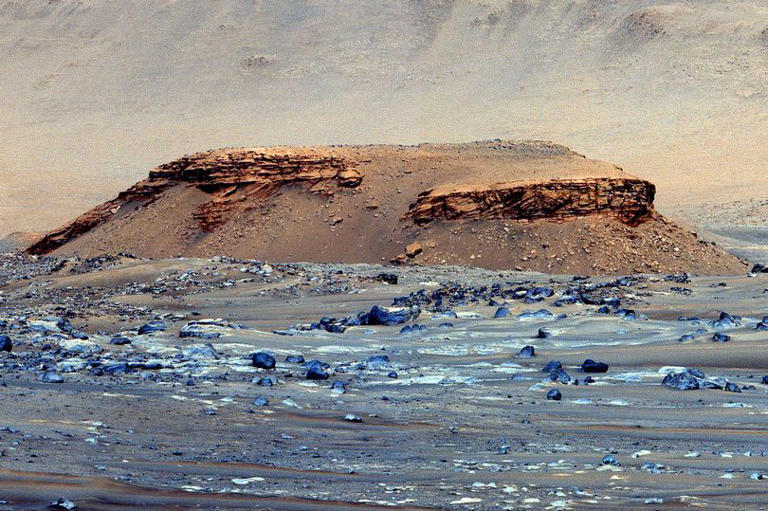
Mars was once a rich, watery world (Picture: Getty/iStockphoto)
© Provided by Metro
Conclusion
In conclusion, the reasons why we haven’t found aliens are varied and complex. From the Great Filter and Gaian Bottleneck theories to our own technological limitations and the vastness of space and time, many factors contribute to the silence we experience. Whether it’s because we’re not significant enough, or advanced civilizations are hiding due to fear, or simply a matter of timing, the search for extraterrestrial life continues. As our technology advances and we explore more of the universe, we might one day find the answers we’re looking for. Until then, we can only speculate about why we haven’t found aliens.
ALSO READ:
Solar Storms: 5 Shocking Disasters You Won’t Believe!

